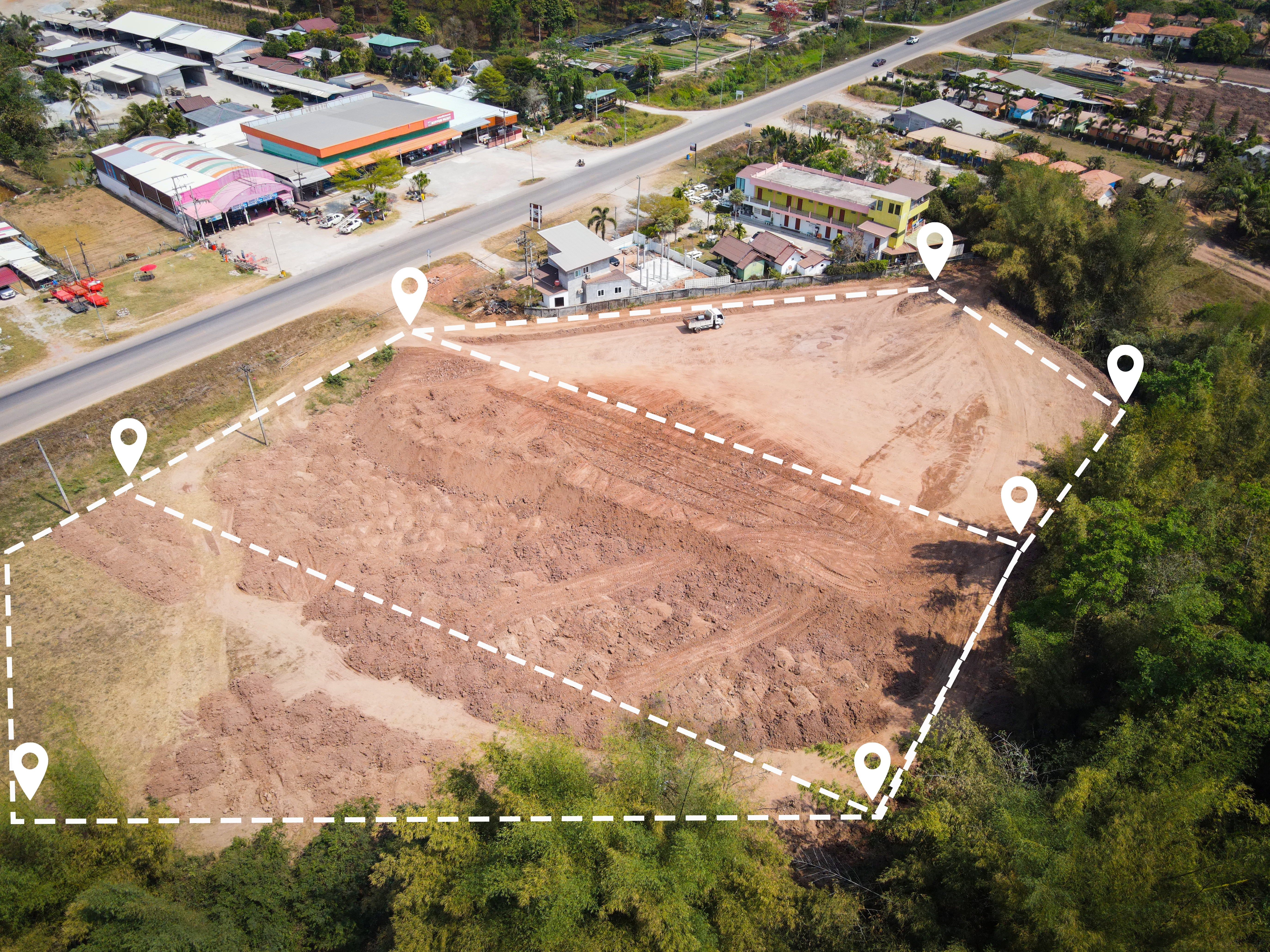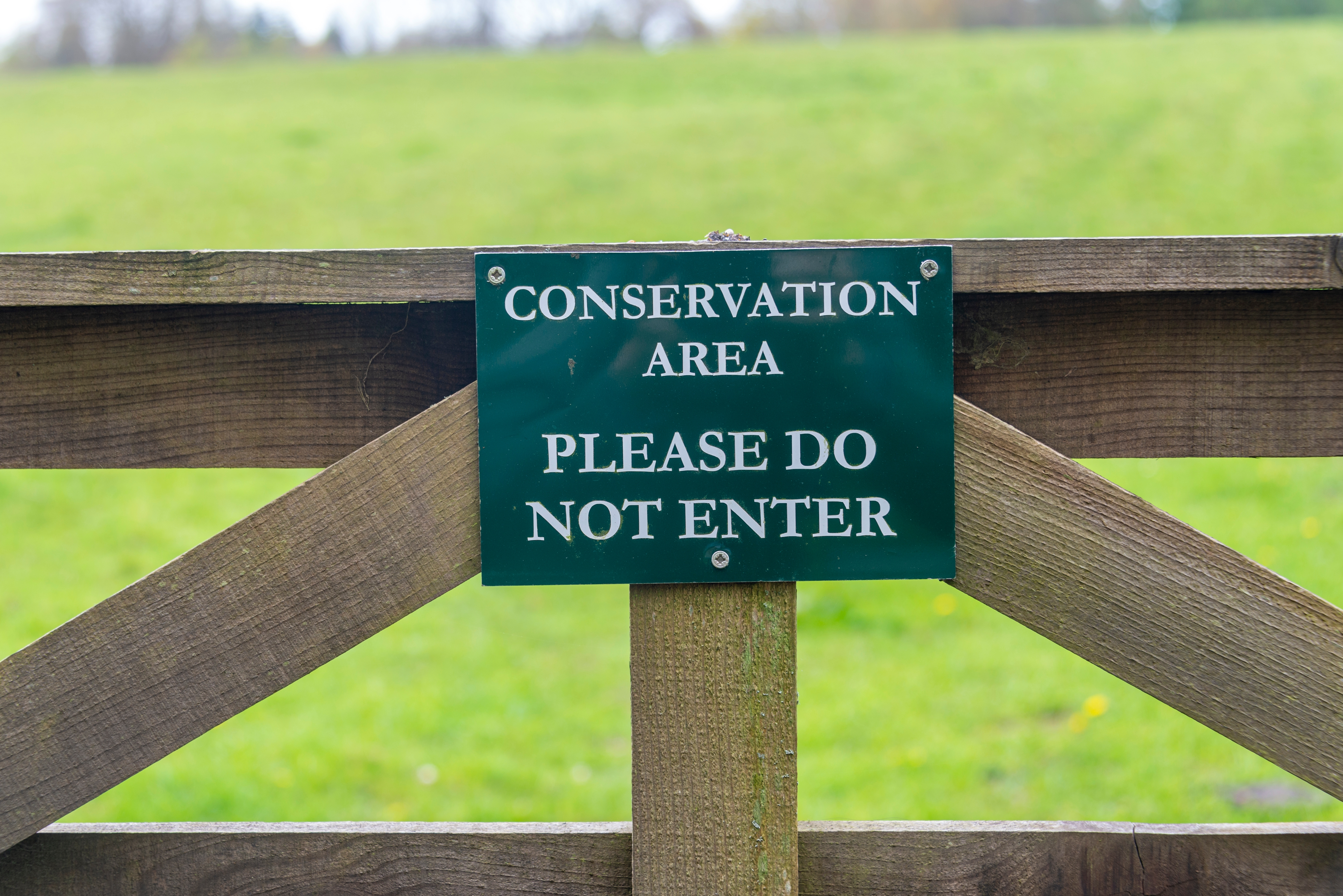
Updated: Oct 24th, 2025
Guide to Buying Smallholdings, Land and Rural Properties
Small holdings offer a unique opportunity to enjoy rural living or invest in land with potential. Whether you are dreaming of keeping livestock, growing your own produce, or simply seeking a countryside home, buying a small holding can offer an ideal opportunity to build your home.
Entering the world of small holdings is not quite the same as purchasing a typical residential property. From understanding land classifications and access rights to navigating planning permissions and agricultural law, there is a lot to consider, especially when buying at auction.
In this guide, we will explore everything you need to know before purchasing a small holding in the UK, including key legal considerations, what to look for during viewings, and how to make the most of buying at auction. Whether you are a first-time buyer or an experienced investor, this article will help you approach your purchase with confidence and clarity.

What is a Small Holding?
A small holding is a smaller farm or piece of agricultural land, typically ranging from a few acres up to around 50 acres. There is no strict legal definition in the UK for a small holding and its acres. It is usually used for a combination of:
- Growing crops (vegetables, fruit, grains)
- Raising livestock (such as chickens, pigs, goats, sheep, or cattle)
- Personal use or small-scale commercial production
- Rural living
Some land for sale comes with a residential property, while others may be land-only or come with barns, stables, or outbuildings. It is worth bearing in mind that these buildings in the UK are subject to agricultural ties or restrictions, which can affect how the land, and buildings on this land, are used including if someone can live in the property or on the land.
What are You Allowed to Do on a Small Holding?
What you are allowed to do on a small holding in the UK depends largely on how the land is classified. Usually, small holdings are considered agricultural as it includes the purchase of land or farms which brings its own legal considerations. Permissions and restrictions can also have an effect on how a small holding can be used, such as planning or agricultural ties.
Legal Considerations When Buying Small Holdings, Land, Farms and Rural Properties
Buying a small holding, farm or land in the UK is different from purchasing a typical residential property. They often come with unique legal factors, including land use, agricultural occupancy conditions and title deeds, that can impact how you use the land, what you can build, and even who can live there. Whether you are buying privately or at auction, it is essential to understand these key legal issues before committing.

Land Use and Classification
Most small holdings, farms and land are generally classified as agricultural land, which significantly limits how the land can be used. This classification typically permits activities such as crop production or livestock keeping, but does not automatically allow for residential use, tourism ventures, or commercial businesses.
If the land falls within a designated area, such as Green Belt, a National Park, or an Area of Outstanding Natural Beauty (AONB), then planning restrictions will be even tighter especially if a buyer is wanting to make a dwelling on the smallholding. Prospective buyers should always verify the land use classification with the local planning authority before proceeding.
Agricultural Occupancy Conditions
Some properties are subject to agricultural occupancy conditions (also known as agricultural ties), which legally restrict who can live on the property. These conditions typically require that the occupant be employed or recently retired from work in agriculture or forestry. While agricultural ties can lower the purchase price of a property, they also reduce its market appeal and can be difficult to lift. Breaching these conditions can lead to enforcement action by the local council. It is essential to have the planning history of the property checked by a solicitor to identify any occupancy restrictions.
Title Deeds, Covenants and Easements
The property’s title deeds must be reviewed carefully to uncover any restrictive covenants, easements, or boundary issues. Neighbouring land might be owned privately and mean that there is limited, or no direct access to the smallholding for sale. Other common legal issues include:
- Restrictive covenants that prohibit certain types of use or development
- Public rights of way crossing the land
- Easements granting neighbours access or rights to utilities
- Planning permission restrictions
These legal rights and restrictions are not always immediately obvious but can have a significant impact on how the land can be used. A conveyancing solicitor will need to complete in-depth checks and property searches to identify any legal considerations for potential buyers. It is important to use a solicitor who has experience in agricultural land purchasing due to the extra complications and legal considerations involved.
Access and Utilities
Not all smallholdings, land, farms and rural properties benefit from formal access or connections to mains services. Buyers should confirm that there is a legal right of access to the property via a public or private road and whether the land is connected to mains water, electricity, and drainage. If it is found that such key access and utility requirements are missing or restricted, buyers should consider alternative arrangements might be needed to make the land or property usable for their intended purpose. There could be restrictions on what can legally be added or adjusted which is why it is important to explore any restrictions on the land before purchase. Absence of legal access or utilities can also make development or resale difficult and may require costly infrastructure work.
Environmental and Site Constraints
Depending on the location, the land might be subject to additional environmental restrictions or conditions. These may include:
- Flood risk designations
- Tree preservation orders (TPOs)
- Site of Special Scientific Interest (SSSI) designations
- Protected species habitat
- Contaminated land risks
A thorough local authority search and environmental search should highlight any such concerns during the conveyancing process. Buyers should make sure to discuss these searches with your conveyancing solicitor, they sometimes come at additional costs but it is important to complete such searches to ensure the property and its land are fit for purpose.

View Land and Rural Properties Available at Auction
Discover the latest properties for sale near you with Auction House London.
From buildings with land in peaceful rural locations, to properties offering serious farming or natural capital potential, our property auctions provide the perfect opportunity to secure your ideal countryside retreat or investment.
Buying a property via auction has many benefits including:
- Securing the Best Price – Our auctions often offer properties at below-market rates, giving prospective buyers the opportunity to snap up a property at a great price.
- A Transparent and Efficient Process – We offer clear terms, set timelines and transparent bidding. Our auctions also eliminate lengthy negotiations and the risk of gazumping.
- Access to Unique Properties – Our auctions regularly feature rare and unique properties with land for sale that are not available through traditional estate agents.
With a wide range of lots for sale available via auction, our range includes everything from period farmhouses with land, to compact rural homes with paddocks and barns. Explore our current listings and find the right investment for sale near you.
Sell Rural Properties and Land at Auction
Alongside selling, Auction House London also buys properties. If you have got land to sell, or any other property for that matter, you can request an instant valuation on your property. If you are not in a position to wait for the next auction, we can provide a cash offer which can take place in as little as seven days.
